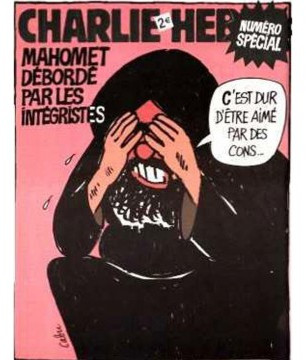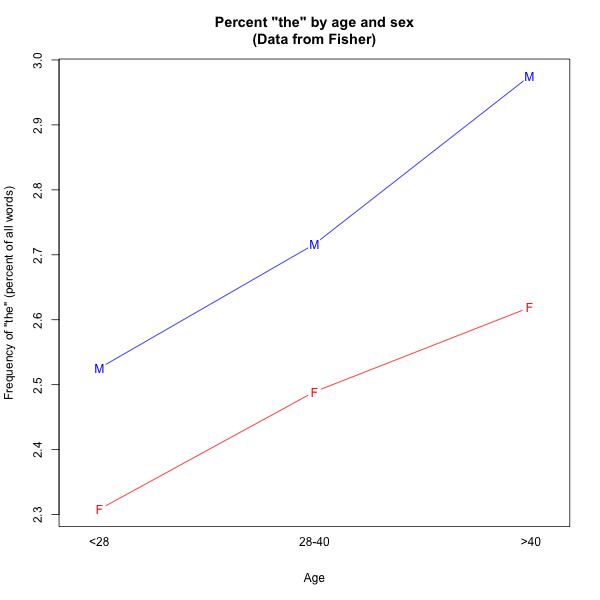Dave Davies, "Clarke out of Philly mayor's race — Butkovitz in?", newsworks 1/13/2015:
Butkovitz made it clear months ago he wanted to run for mayor. He engaged an experienced campaign team, but found it hard to raise money, particularly from unions, as long as there was a chance Clarke might run.
In November, Butkovitz called the whole thing off, said he wasn't running. But he said yesterday Clarke's announcement might change his thinking.
"The phone is ringing off the hook today," he said. "There's a large number of people, contributors, activists, calling up and asking me to get into the race. We're going to have to put a barometer into the water here and figure out what the lay of the land is."
Read the rest of this entry »






